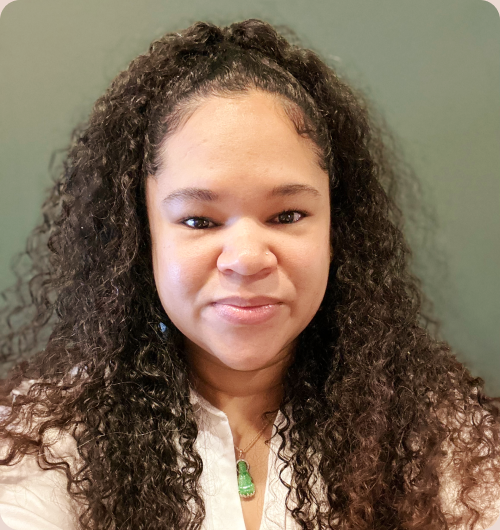


When to Stop Progesterone After IVF
The question of when to stop progesterone after IVF treatment is of great significance and is also relevant to the Frozen Embryo Transfer treatment


Both In Vitro Fertilization and Frozen Embryo Transfer require pregnancies to be supplemented with progesterone for a period of several weeks to ensure the successful development and maintenance of the pregnancy.
There are various methods of progesterone administration available, but the most commonly used route is through vaginal administration.
During the early stages of pregnancy, the placenta has not yet fully developed, and it is unable to produce sufficient progesterone to sustain the pregnancy on its own. Thus, supplementation with progesterone is crucial during this time.
This supplementation continues until the placenta is capable of producing an adequate amount of progesterone, thereby supporting the pregnancy independently. This transition typically takes place over a period of 6 to 8 weeks.
Throughout this period, you will be closely monitored to ensure that the pregnancy is progressing as expected. Regular check-ups and monitoring of hormone levels will help assess the pregnancy’s stability and development.
Once the placenta is producing enough progesterone to sustain the pregnancy and other supportive medications are no longer needed, you will discontinue the progesterone supplementation. At this point, you will be referred to your obstetrician for the remainder of your prenatal care.
It is essential to note that the exact timing of when to stop progesterone after IVF treatment may vary depending on the individual’s specific circumstances and the stage of pregnancy development. However, as a general guideline, progesterone supplementation is often discontinued at around eight weeks into the pregnancy when the placenta has become fully functional.
In conclusion, the decision of when to stop progesterone after IVF treatment is based on each patient’s progress and the development of the pregnancy. The goal is to ensure a healthy and successful pregnancy that can progress without the need for further hormone support.
Meet Your Doctor

- Dr. Polansky received his medical diploma from Charles University in Prague, the Czech Republic, in 1978.
- After completing his OB/GYN residency at Jewish Hospital in Saint Louis, MO, he graduated from the Reproductive Endocrinology and Infertility (REI) fellowship at Stanford University in 1985.
- In the same year, he co-founded the Stanford IVF Clinic.
- Dr. Polansky obtained board certification in Obstetrics and Gynecology in 1986 and became REI subspecialty board certified in 1988.
- In 1987, he left Stanford University and established Nova IVF.
- In 2011, he founded Bay IVF, where he provides advanced fertility treatments with a holistic approach, utilizing state-of-the-art techniques.
- Dr. Polansky personally performs ultrasound examinations, egg retrievals, embryo transfers, and ovarian and endometrial stimulations for his patients.
- He is deeply committed to his patients and freely shares his cell phone number, ensuring accessibility and availability 24/7.
Frank Polansky, M.D.



Initial Appointment Questions
When you call to schedule your consultation, one of our Front Office Coordinators will ask you a short series of questions regarding your reproductive history.
Your Initial Visit at Bay IVF
Attending a new patient appointment at a fertility clinic can be stressful. Our primary objective is to ensure that your initial visit is friendly and relaxing. We encourage you to ask questions at every step of the process.

1 — When You Arrive
You will be welcomed by one of the clinic receptionists. One of our nurses will measure your height and weight and take your blood pressure

2 — Meet Your Doctor
Dr. Polansky will ask you a series of clarifying questions and then provide you with a summary of the factors contributing to your infertility

4 — Exam Room
One of the nurses will escort you to an examination room. Your examination will begin with listening to your lungs and heart

3 — Ask Your Questions
You will then have a discussion with him about the most suitable reproductive treatment(s) for you. During this time, you will have the opportunity to ask any questions you may have

5 — Ultrasound of the Ovaries
The next step is a pelvic ultrasound to examine the uterus and ovaries. This ultrasound will help determine the number of antral follicles present within the ovaries

6 — Financial Part
Following that, you will have a discussion with one of the financial advisors regarding the financial aspects of your treatment, including potential treatment financing options

8 — Support 24/7
If you have any questions after leaving the clinic, please feel free to reach out to us via phone call, text, or email. Open and discreet communication is an integral part of the care we provide at Bay IVF

7 — What About Time?
Your entire visit is expected to last approximately one hour


Schedule Your Initial Consultation With Dr. Polansky
Online (no cost) or In-Person
Call or Text Us: Call or text us at 📞 650 322 0500
You can also complete the form below to request your initial consultation.


We look forward to meeting you at Bay IVF and, when your treatment is successful, celebrating your new pregnancy!








